Must Reads
What is a ‘Must Read’ for those interested in medical education?
Each month, we identify 3-4 noteworthy articles from the health professions education literature and label them as “must reads.” Selection is based on several criteria including originality and methodological rigor. Our process includes a formal search of the peer-reviewed literature, screening titles and abstracts, full text review, and an editorial meeting to achieve consensus.
Who are we and why are we doing this?
Our reviewers include individuals with expertise in teaching, educational oversight, and research as well as those who are beginning their careers as educational scholars.
The volume of health professions education articles has become overwhelming. In curating some of the best new published papers, we hope to make it easier for all of us to keep abreast of cutting edge educational scholarship and practices.
We’d welcome involvement in the selection process. Reviewers can earn CME credit and contribute to Must Reads research. If you are interested in supporting this work or have perspectives to share, please email Sean Tackett: stacket1@jhmi.edu.
You can also follow @MedEdMustReads on X (aka Twitter) to be notified when new must read articles are selected and sign up to receive an email each month.
(Current Reviewers: Kara Alcegueire, Paul Bain, Suni Ebby, Vyasa Hari, Scott Kinkade, Pranav Kotamraju, Viviane Liao, Liju Mathew, Milad Memari, Amin Nakhostin-Ansari, Ashley Paul, Julianne Perretta, Katherine Senko, Julia Shalen, Sean Tackett, Scott Wright, Tony Zhu)
Featured This Month

The Gist
• Describes eight steps, including formulating learning objectives, developing cases with student input, and revising cases based on evaluation data.
Why This is a Must Read
PBL is a common educational method, but developing cases is not straightforward. The systematic approach and concrete tips in this article can help educators develop and revise PBL cases.
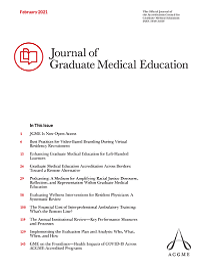
The Gist
• Identified 18 codes across individual, relational, organizational, and societal levels that showed challenges when incorporating individual identities with group norms.
Why This is a Must Read
Social media is a unique outlet for self-expression and connection with others. This article highlights how social media memes can give insight into resident experiences and be useful for research and teaching purposes.
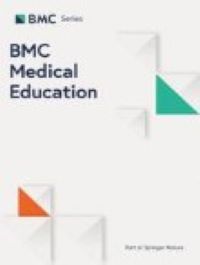
The Gist
• Empathy increased in pre-clinical years and was maintained during clinical rotations.
Why This is a Must Read
The conventional wisdom is that empathy decreases during medical school. This study adds to a growing literature showing that medical student empathy can increase and educational interventions can help.
Featured
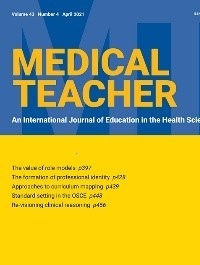
The Gist
• Summarizes initiatives that have been effective internationally and proposes meaningful evaluation measures.
Why This is a Must Read
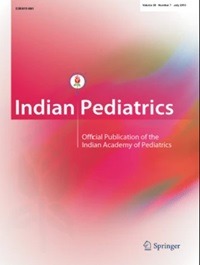
The Gist
• Discusses feedback literacy, links with adult learning theory, and overcoming common challenges.
Why This is a Must Read
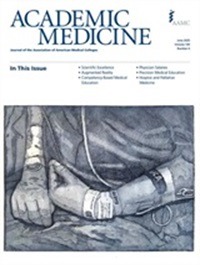
The Gist
• Shame, while uncomfortable, could lead to evolution in self-image and professional identity.
Why This is a Must Read
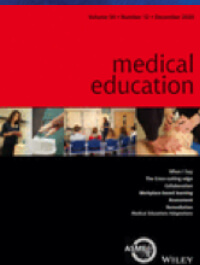
The Gist
• The organization offered rules and community, but was also oppressive, forcing students to conform or become outsiders.
Why This is a Must Read
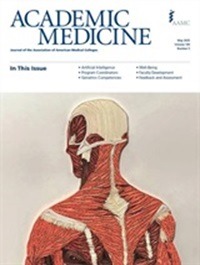
The Gist
• Described 192 different gaps, spanning patient care, personal and professional development, communication skills, and the business of medicine.
Why This is a Must Read

The Gist
• A challenging authentic experience, teamwork opportunities, and debriefing promoted agentic learning.